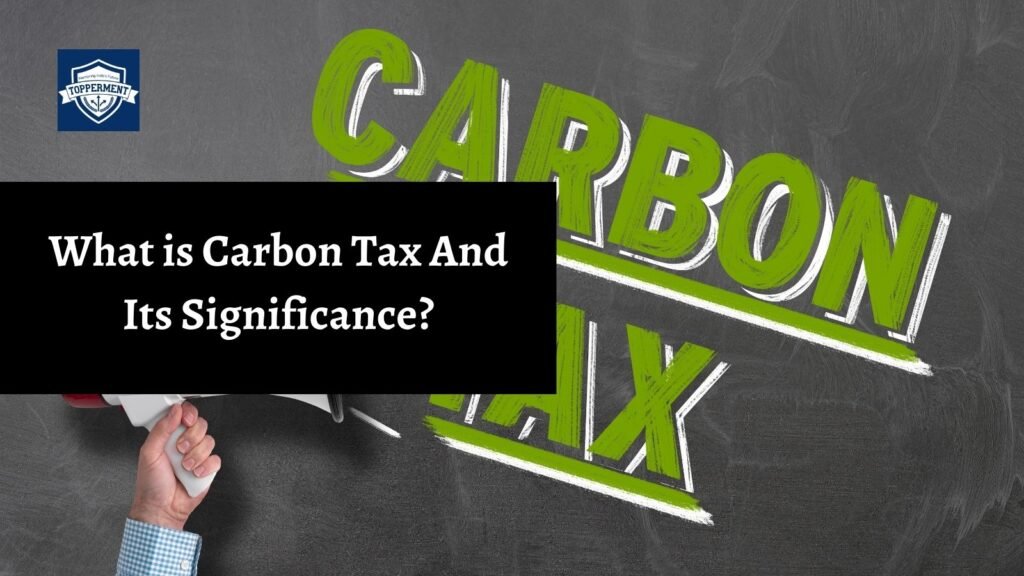Carbon Tax is a form of pollution tax, and it charges a fee on the production, distribution, or use of fossil fuels based on how much carbon their combustion ends. The tax is imposed at different points in the supply chain.
Carbon Tax is a cost-effective tool to reduce greenhouse gas emissions in the atmosphere. The tax is based on the polluter-pay principle. The ultimate goal of a carbon tax is to reduce the use of fossil fuels. The government will set a price per ton of carbon.
It works on the Tax on electricity, Tax on Natural Gas or oil. The carbon tax will not be the same for different fuels because the carbon content is not the same in all fuels.
The taxes will be based on different fuels will be based on the British Thermal Unit(Btu)heat units. This unit is not based on weight or volume. This is done to encourage the use of efficient fuels instead of fossil fuels.
What is the purpose of the carbon tax?
The purpose of the carbon tax is environmental protection and the tax is imposed to reduce the output of greenhouse gases and carbon dioxide. The carbon tax is not harmful to the economy’s health, and it is also one of the effective tools to battle Global warming and climate change.
The carbon tax ensures that businesses and consumers are held accountable for the social and environmental costs they cause. India imposed a carbon tax of Rs 50 per ton of coal produced and imported in 2010. Right now, the carbon tax is Rs 400 per ton.
The carbon tax is a great way to fight global warming. It will help businesses to reduce the consumption of fuel, and increase energy efficiency which will lead to lowering the emission of greenhouse gases.
Also Read
- What is economic development and its significance? | UPSC Economics
- What is Diastrophism And Its Significance? | UPSC Geography
Follow Us For More Content On:
https://www.instagram.com/topperment/
Tag:Carbon Tax, Climate Change, Economics, Fossil Fuels, global warming, IAS, IFS, India, IPS, IRS, Pollution Tax, UPSC


